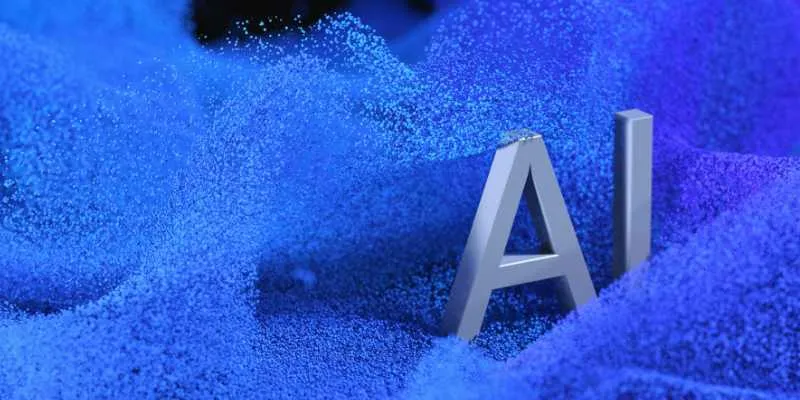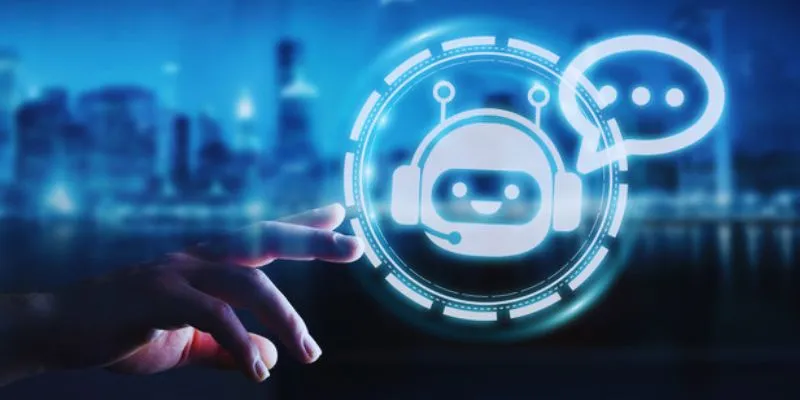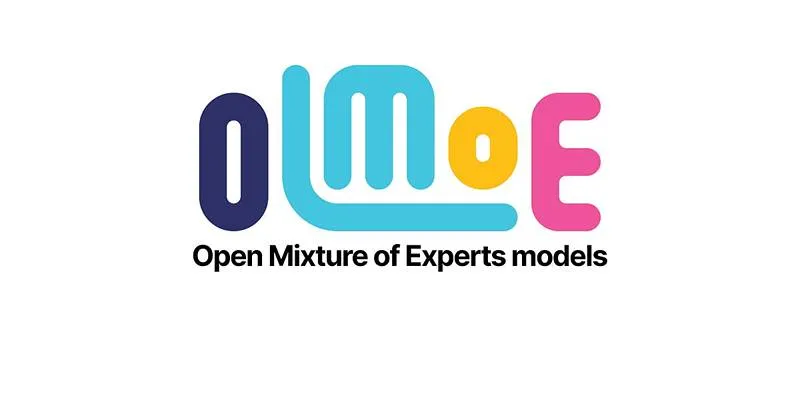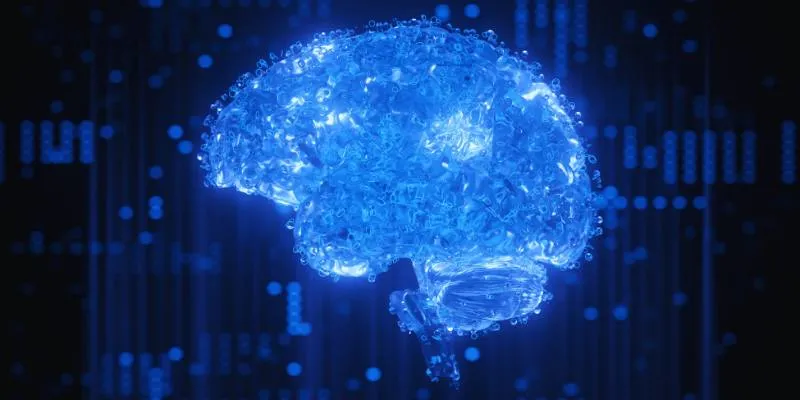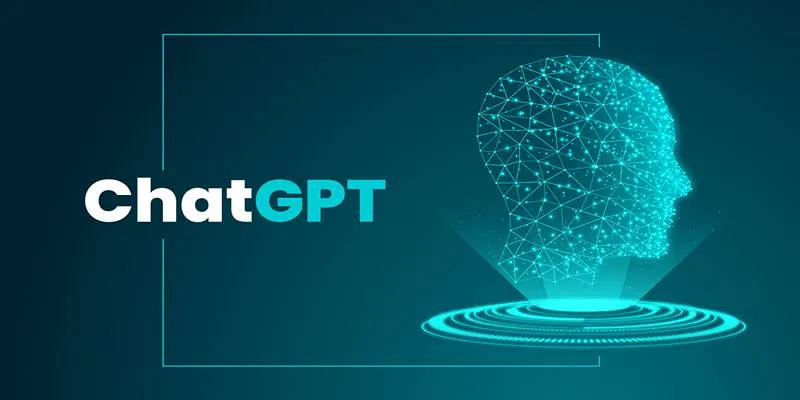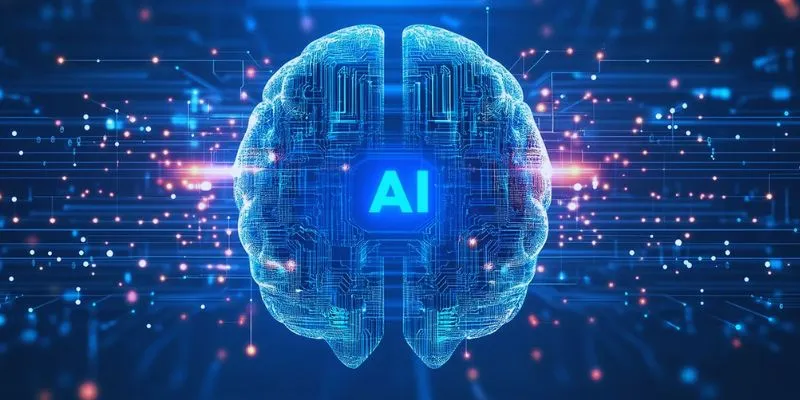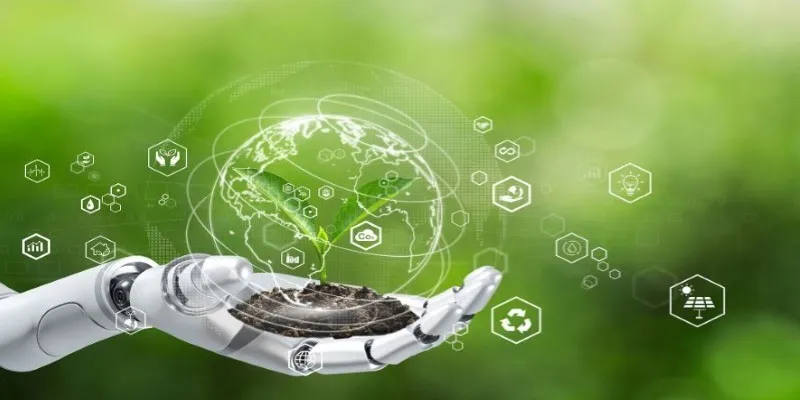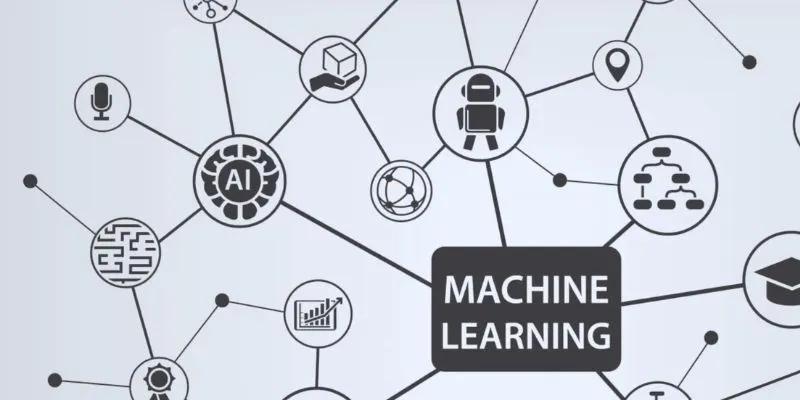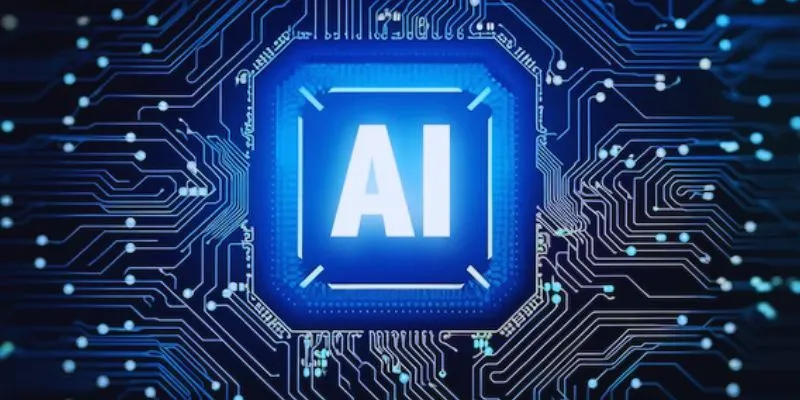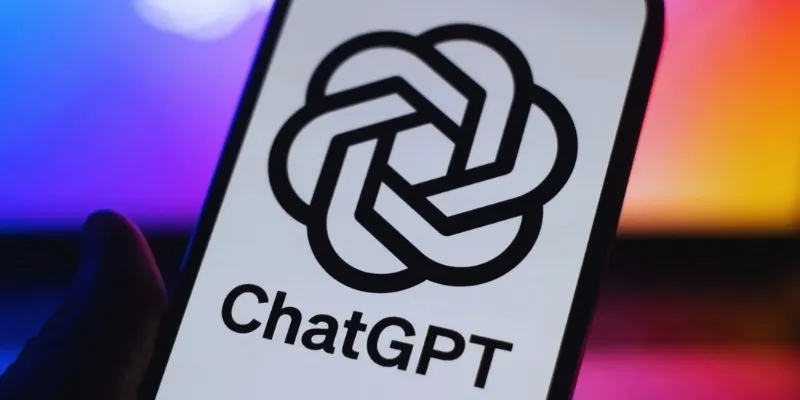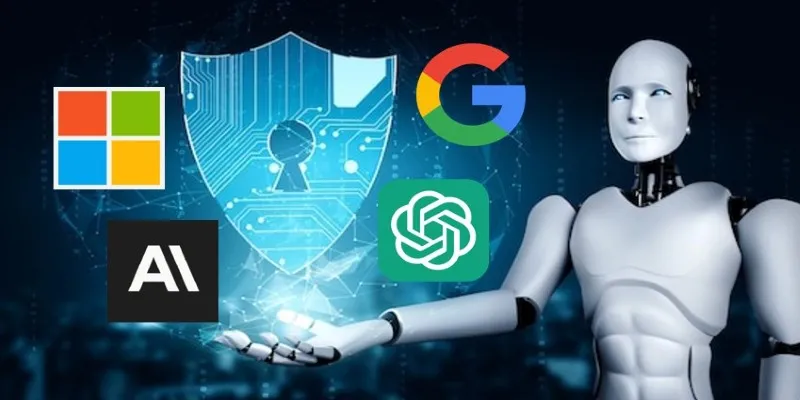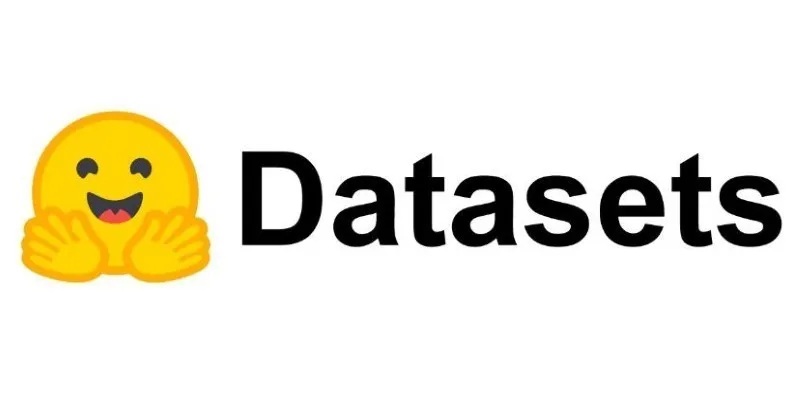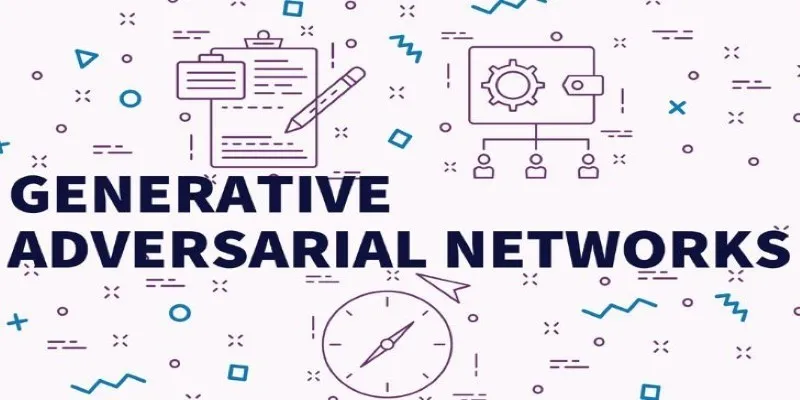In today’s rapidly evolving work environment, technology is reshaping the nature of jobs. A significant development in this field is collaborative intelligence, where humans and artificial intelligence (AI) work together. This partnership enhances decision-making and boosts efficiency. While humans contribute creativity and judgment, AI excels at handling data management. Currently, many companies employ AI to augment rather than replace their workforce, leading to increased productivity and innovation. AI can efficiently manage tasks such as customer service, data analysis, and scheduling.
To harness the full potential of AI, businesses must learn to integrate it effectively. Companies need to equip their employees with the skills to use AI tools and strike a balance between human effort and automation. A well-defined strategy for AI implementation is crucial. Successful human-AI collaboration relies on training, transparency, and trust, ultimately resulting in enhanced performance. This article explores how cooperative intelligence is transforming businesses today.

How AI Enhances Workplace Efficiency
Artificial intelligence is a powerful tool for boosting workplace efficiency. It minimizes errors and automates repetitive tasks. Many businesses use AI- powered chatbots for customer service, which can quickly address frequently asked questions, saving time and resources. Additionally, AI facilitates data analysis, processing vast amounts of information faster than humans, aiding in decision-making. AI-driven tools assist in inventory management, trend tracking, and sales forecasting.
Another way AI enhances efficiency is through task automation. AI tools can schedule meetings and send reminders, reducing the administrative burden on staff. AI also simplifies document processing by scanning and organizing files. By taking over routine tasks, AI allows employees to focus on strategic projects and problem-solving, ultimately boosting overall productivity.
Human Strengths in AI Collaboration
Despite AI’s capabilities, it lacks the creativity, emotions, and judgment that humans possess. People bring ethical decision-making and problem-solving skills to the table. While AI can propose solutions, humans determine the best course of action. Emotional intelligence is a key human strength, particularly in customer service and healthcare, where empathy is crucial. Employees use their emotions to engage with customers and provide personalized experiences. Critical thinking is another human advantage.
Humans can view situations from multiple perspectives, while AI operates within predefined parameters. This human judgment is vital in legal and business decisions. AI provides data, but humans consider ethical and social factors. Adaptability is another human trait; while AI relies on training, humans can learn and adjust to unforeseen circumstances. These skills make humans valuable collaborators in AI projects.
Challenges of Human-AI Collaboration
While human-AI collaboration offers numerous benefits, it also presents challenges. Trust is a major concern, as workers may fear AI replacing their jobs. It’s essential to reassure employees that AI is a tool to assist, not replace them. Another challenge is the lack of familiarity with AI technologies. Without proper training, employees may struggle to use AI effectively. Companies must provide learning opportunities to help staff adapt. Data privacy remains a significant issue.
AI systems handle large volumes of sensitive data, so businesses must ensure data security and responsible use. Transparency in AI processes builds trust with both consumers and employees. Ethical decision-making is another challenge. While AI can make data-driven decisions, it may lack an understanding of fairness. Companies should implement guidelines to prevent biased AI decisions, and human oversight is crucial in ensuring ethical outcomes.

Best Practices for Effective Human-AI Integration
To maximize the benefits of collaborative intelligence, businesses must adopt best practices. Training is the first step, helping employees understand how to effectively use AI tools and recognize their limitations. Clearly defining roles is also essential. Employees need to know which tasks AI will handle and which require human input, ensuring smooth processes and minimizing confusion. Transparency is another key component. Companies should explain how AI makes decisions.
Employees should understand why AI suggests certain actions, fostering trust in AI systems. Promoting human oversight is crucial. AI should support, not operate independently from, human workers. In critical areas like finance and healthcare, human review of AI-generated outcomes is vital. Companies should encourage collaboration between employees and AI developers, allowing staff to provide feedback on AI performance, which helps engineers refine AI systems to better meet human needs.
The Future of Human-AI Partnerships
The future of human-AI collaboration looks promising. As AI technology becomes more advanced and practical, its role in workplaces will grow. One major trend is AI-driven personalization, enabling companies to offer tailored services to customers by analyzing preferences and making personalized recommendations, thus enhancing customer satisfaction. AI will also support remote work, with smart AI tools assisting virtual teams in project management and communication, allowing companies to operate efficiently across multiple locations.
Another advancement is AI’s role in guiding decisions. AI will provide deeper insights, helping businesses make informed choices. However, human oversight will remain essential. Companies must balance AI recommendations with human judgment. As AI evolves, the demand for ethical AI practices will increase. Businesses must ensure the responsible and fair use of AI, with human workers playing a crucial role in guiding AI towards ethical outcomes.
Conclusion
Collaborative intelligence is transforming businesses. While AI enhances efficiency, human strengths remain indispensable. The best results come from combining human creativity with AI automation. Companies should prioritize training, transparency, and ethical AI applications. Employees need to feel confident in using AI as a supportive tool. AI is designed to streamline processes, not replace jobs. The future of work will be shaped by effective human-AI collaboration. Companies that wisely embrace AI will continue to lead in innovation, successfully merging human talents with technology for greater success.
 zfn9
zfn9
